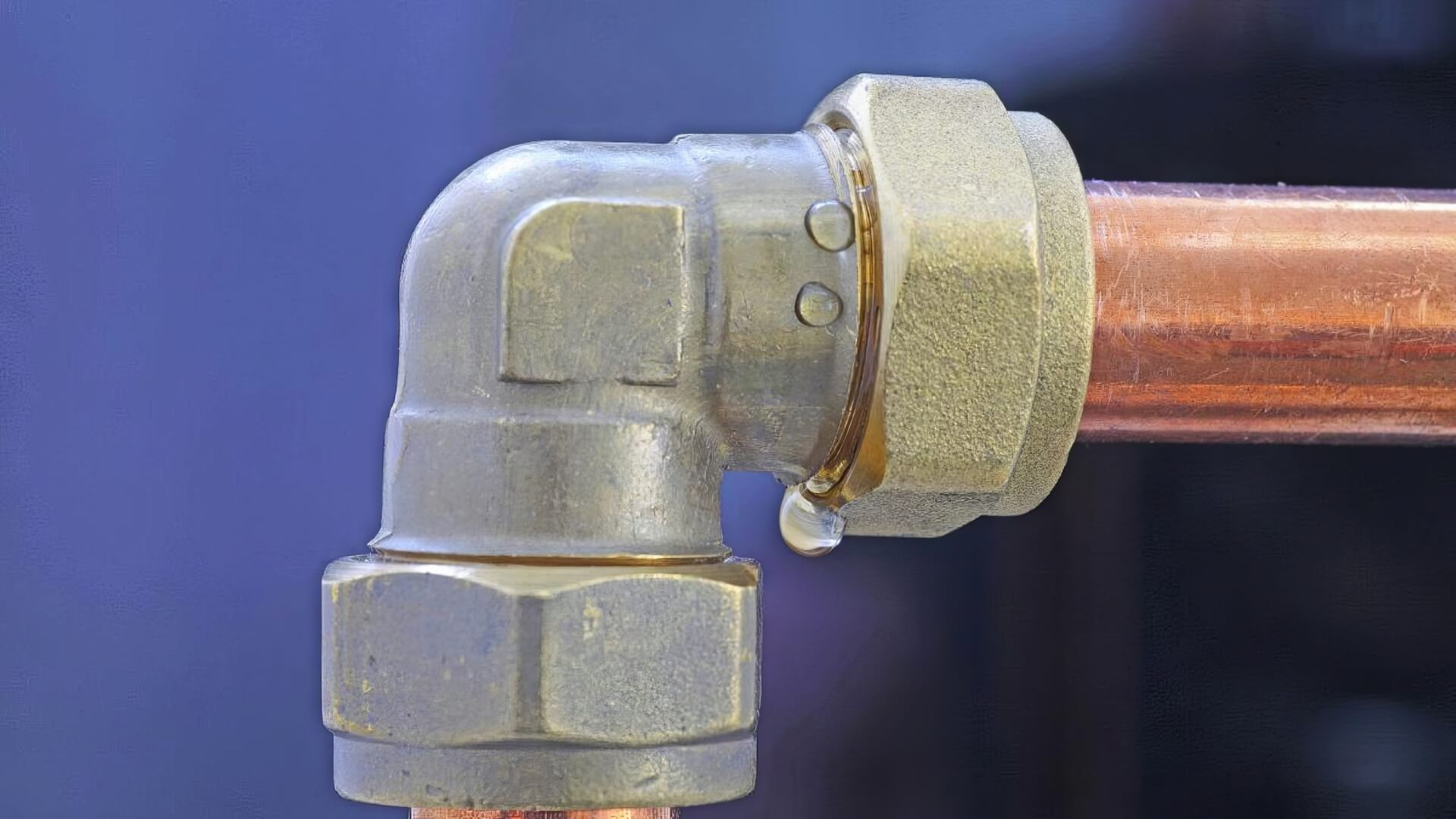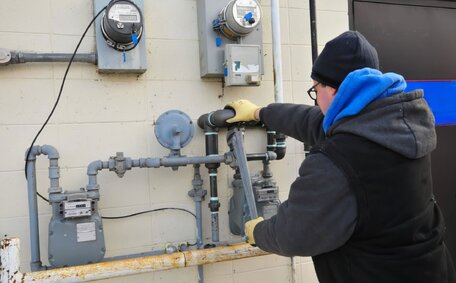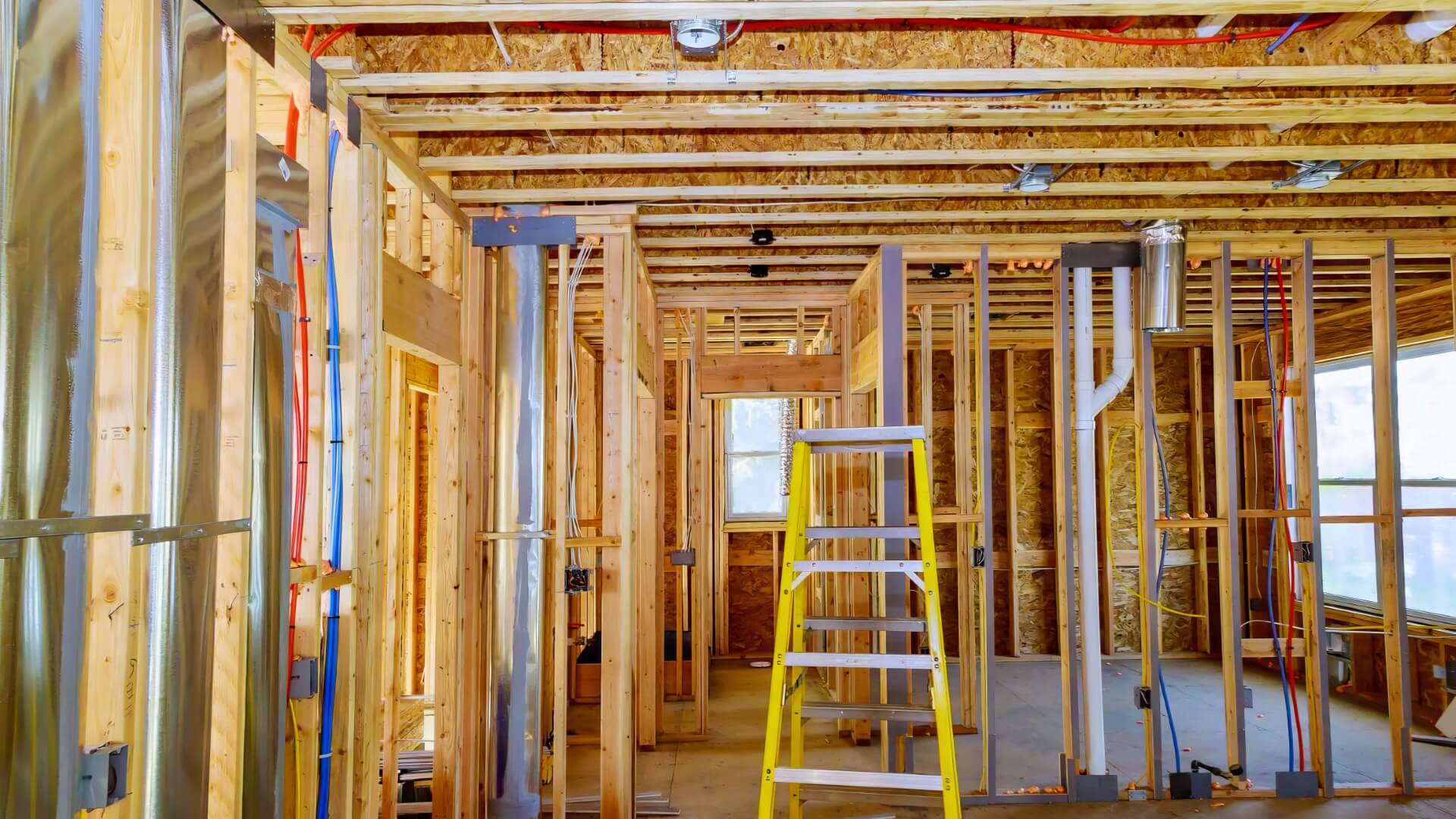Introduction to Gas Appliance Installation
Despite seeming straightforward, gas appliance installation, including stoves and ovens, requires expertise to guarantee safety and correctness.
Self-installing a gas stove is hazardous and non-compliant with Australian safety standards. Only licensed gas fitters possess the specialised skills and tools for a compliant installation.
A faulty appliance connection can result in gas leaks, fire hazards, and an increased risk of carbon monoxide poisoning. Such malpractices endanger safety and nullify insurance and warranty protections. Professionals conduct thorough safety checks and issue a compliance certificate post-installation.
Given the risks and importance of hot water system functionality, only fully licensed gas fitters should undertake gas appliance installations, never as a DIY project. Improper attempts at installing gas heater systems to replace your old units endanger yourself and everyone in the home.
Safety Risks and Concerns of DIY Gas Appliance Installations
I wouldn’t suggest attempting to execute a gas cooker installation without proper qualifications and licensing due to significant safety risks. To ensure your property’s safety, hire professional help to avoid gas leaks or faulty connections which can cause fires, explosions, carbon monoxide poisoning, or other catastrophic incidents.
Standards Australia reports that over 60% of domestic gas incidents annually stem from incorrect installations. Common risks include:
- Gas leaks - Loose fittings or improper install new gas lines connections allowing dangerous gas accumulation.
- Fire hazards which could involve sparks or open flames setting alight any gas emissions.
- Black gas (Carbon monoxide) poisoning - Inadequate fluing or ventilation.
Beyond compromising safety, DIY gas work also violates regulations. Only fully licensed professionals are legally authorised to install or modify gas systems. Illegal installations risk heavy fines and invalidate insurance coverage for any incidents.
Attempting appliance installations without training, credentials, knowledge of standards, and necessary equipment is extremely reckless. The safety of individuals is compromised when unqualified persons tamper with operational gas systems. Only a qualified gas plumber and fitting experts should handle such intricate health safety projects.
Why You Must Hire a Licensed Professional
Given the immense safety considerations with gas appliances, only fully licenced professionals have the expertise to correctly install them. Unlike DIY attempts, professionals:
- Adhere to all regulations and standards, including those for materials, ventilation, and spacing during cooktop installation.
- Verify gas line and bayonet fitting connections are leak-free using refined techniques.
- Test appliances thoroughly and issue a certificate of compliance.
- Provide certified and warranted gas work valid for insurance claims.
Licenced gas fitters undergo years of specialised training to install your gas systems safely. Their technical know-how includes:
- Sizing and connecting gas pipe properly.
- Venting systems to prevent dangerous gas buildup.
- Employing high-quality end fittings and meticulous joining techniques.
- Conducting extensive leak checks.
Qualified professionals are indispensable for safe and proper gas appliance installations due to the complexity involved.. They have the expertise, credentials and duty-of-care to uphold safety and compliance in your installation. Attempts by unlicenced individuals often fail inspections due to overlooked regulations.
Qualifications and Licensing Required for Gas Appliance Installations
Only qualified and licensed professionals are legally permitted to install or modify gas appliances in Australia. There are stringent criteria defining authorised professionals, governed by state and territory regulations.
At a minimum, installers must hold a licenced or registered Gaswork Authorisation like the NSW Gas Fitting Licence or equivalent interstate permits. This requires:
- Completing an approved gas training qualification.
- Supervised training by experienced plumbers is crucial to record practical experience.
- Getting certified in gas installation standards is crucial for installers to demonstrate their competency.
They need extensive technical knowledge on materials, installation requirements, ventilation codes, safety procedures etc. as stipulated in AS/NZS 5601 Gas Installations standards.
Some types of complex gas work, like connecting your cooktop oven, further necessitate an Advanced Gaswork Licence. Gas engineers without a certified licence are not permitted to conduct installations.
When hiring for appliance installations, such as to connect gas lines, check professionals hold current Gaswork Authorisations meeting all credentials. Its illegal to engage in unlicensed gas work and such actions fail to ensure certified installations that are safe for both insurance and occupancy.
Step-by-Step Process of Proper Gas Appliance Installation
Licensed professionals follow a precise process during gas oven installations to guarantee safety and compliance. Key steps include:
- Inspecting the installation site - Assessing necessary clearances, and ensuring existing gas connection points are fit for purpose, alongside ventilation considerations etc.
- Ensuring the gas valve is turned off, gas at the main line is stopped, and the pipes are depressurised to securely connect the gas cooker.
- Determining proper gas line sizing and layout to appliance location.
- Anchoring and securing your stove safely.
- Use yellow teflon tape appropriately on threads when connecting the gas line with a quality end connector fitting.
- Check your all joints and connections for leaks using leak detection fluid.
- Installing flues, vents for adequate ventilation, and securing the gas cock correctly.
- Switching shut off gas cock and retesting for any issues.
- Checking burner ignition, operation and safety cut-offs.
- Issuing a certificate of compliance for the installation.
Professionals rigorously adhere to the AS/NZS 5601 standards throughout the installation process. Shortcuts are prohibited in gas appliance installation to ensure safety and durability beyond that of the old appliance. Attempting this without licenced credentials places everyone in danger.
Ensuring Proper Ventilation and Fluing
Adequate ventilation and fluing are essential factors in gas stove cooktop installations. Gas range cooktops and ovens generate dangerous exhaust gases during use.
Without adequate ventilation, exhaust from a gas stove oven can accumulate to dangerous levels inside homes. Typical results where leaks can occur in gas oven installation and use include:
- Carbon monoxide - An odourless, poisonous gas that can be fatal in high concentrations.
- Nitrogen dioxide - An irritant gas that can cause breathing difficulties.
Licenced gas fitters can also ensure your home’s air quality is safe by removing harmful gases using techniques like rangehoods or external ducting. They also install flues - vertical pipes carrying gases outside while allowing fresh air intake.
Gas ovens flues have strict size and clearance requirements under AS/NZS 5601 standards. Professionals ensure accurate flue sizing based on the BTU gas consumption figures for installed appliances. They ensure essential clearances between ceiling/roof and flue terminals are maintained.
Incorrect fluing of your natural or electric oven poses considerable hazards. It can cause gases to accumulate inside cabinets or the ceiling space rather than venting outside. Licenced fitters connect flues securely and conduct thorough flow testing to verify performance.
Skimping on proper ventilation and fluing for your oven to cut costs compromises safety. Gas appliances become death traps without licenced installations confirming adequate gas removal for occupancy.
Certificates of Compliance for Insurance and Warranties
After a gas appliance installation, it is crucial to obtain a certificate of compliance from the licenced professional. This legally confirms adherence to AS/NZS 5601 standards during the installation.
Certificates of compliance serve several vital purposes:
- They validate that the installation is safe and proper for occupancy.
- They secure warranty coverage from the manufacturer.
- They preserve home insurance policies related to the plumbing work.
Insurers may reject claims for installations that don’t comply with regulations, exposing a lack of proper coverage. The same applies for warranty exclusions if something goes wrong with an improperly installed appliance.
By choosing a skilled plumber who can meticulously handle gas installations near your location instead of attempts to DIY, the certificate of compliance protects homeowners against scenarios that would otherwise leave them uninsured.
This documentation is only issued if exhaustive safety checks and testings take place. Licenced gas fitters check your work thoroughly, standing behind every installation - unlike amateur DIY efforts.
How to Prepare for Your New Gas Appliance Installation
Careful preparation is key to ensuring a smooth and successful new gas appliance installation. Here are key tips when getting your home ready:
- Ensure the installation area is clear - Remove furniture, flooring, or wall fittings with ample space for the appliance and connections.
- Check appliance dimensions - Confirm you have adequate room for the appliance based on measurements.
- Inspect existing connections - Locate gas and electrical hookups required for the appliance to connect to.
- Have materials ready - Discuss connectors, fittings, pipe, and extras needed with your gas fitter.
- Prepare adequate ventilation - Install vents, rangehoods, akin to those found in home centers like Home Depot, for correct gas exhaust fluing.
- Turn off main gas line - Shut off home gas supply at metre during installation.
- Clean up clutter - Clear corridors to allow safe transport and positioning of your new oven.
Taking time to ready your home prevents delays and ensures seasoned professionals get the job done to correctly set up your gas installation. Ensure ample access so gas fitters can efficiently fit the system and install your new appliance safely and correctly.
FAQs about DIY Gas Appliance Installations
Is it advisable to attempt installing a gas oven by myself?
No, your gas stove installation should only ever be managed by fully licenced professionals, never as a DIY project. Attempting a gas stove installation as a 'do-it-yourself’ project risks catastrophic safety hazards from gas leaks, fires, or carbon monoxide poisoning.
Can’t I just hook up a new gas stove/oven quickly?
Absolutely not. Gas appliances have complex venting and gas line requirements that only seasoned experts can safely install and test to standards. One small mistake can cost lives.
What qualifications do I need to install gas appliances?
You must hold formal gasfitting credentials like a licenced Gaswork Authorisation, indicating who can legally handle appliance installations. Without proper training and testing on gas standards, it is illegal and extremely dangerous to attempt installing your own gas work.
Should I get my buddy to help install my new gas oven?
No, neither you nor your friend likely have the professional gasfitting licences to safely and legally carry out such work. Leave it to qualified experts - it is the only sensible option when lives depend on secure gas connections.
Is it safe to rely on online guides for installing gas cooktop systems?
While instructions are available online, gas work intricacies and safety dependencies make self-guided learning activities that you can do far too risky. For peace of mind, call us as we offer engagement with seasoned professionals whose credentials assure competence in safely managing gas systems.






